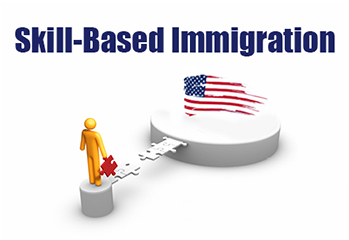PEI PNP Express Entry
By Vignesh GDeveloperSeptember 21, 2019 | 4 min readThe candidates who have created a profile with the Express Entry system of the Immigration, Refugees and Citizenship Canada can apply for provincial nomination from Prince Edward Island through the Prince Edward…


